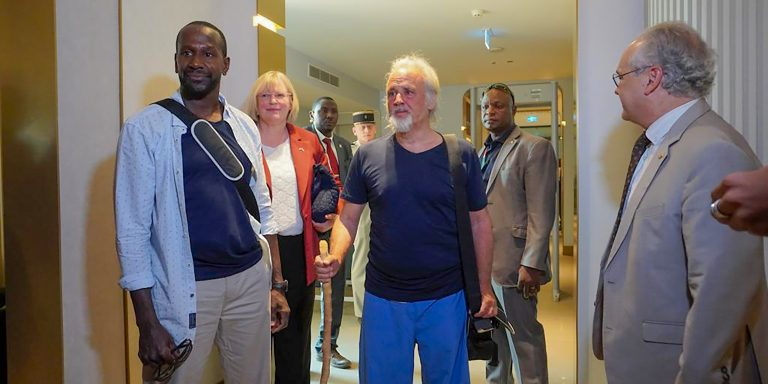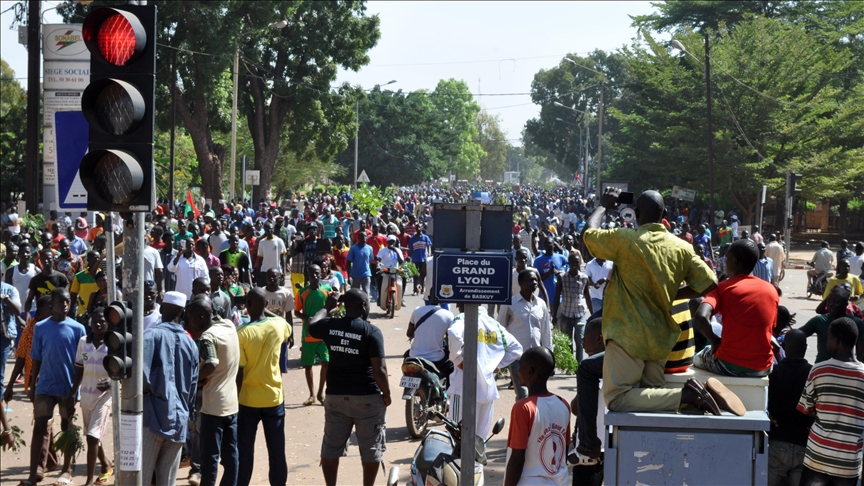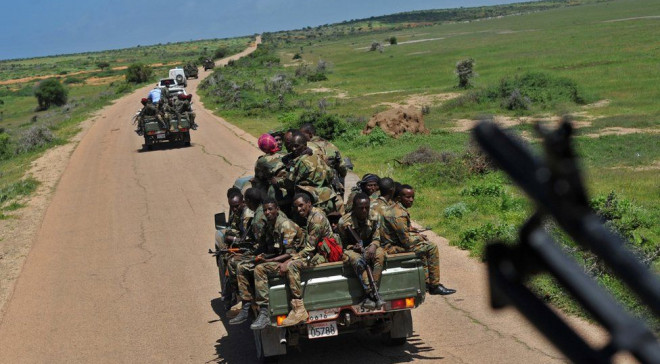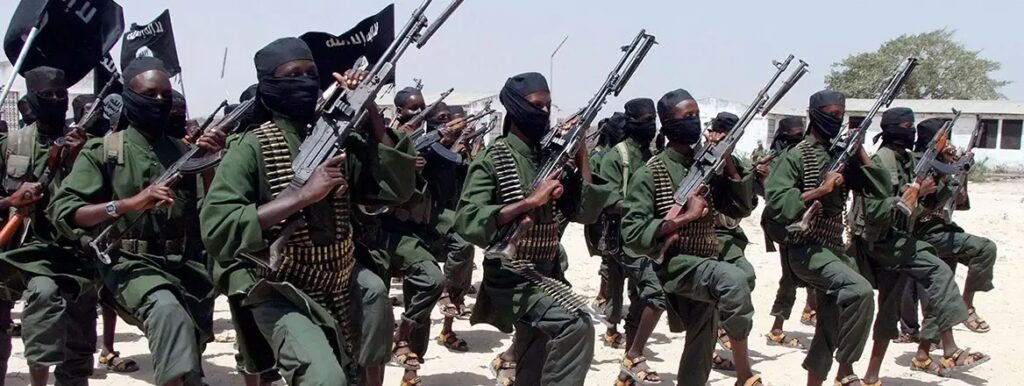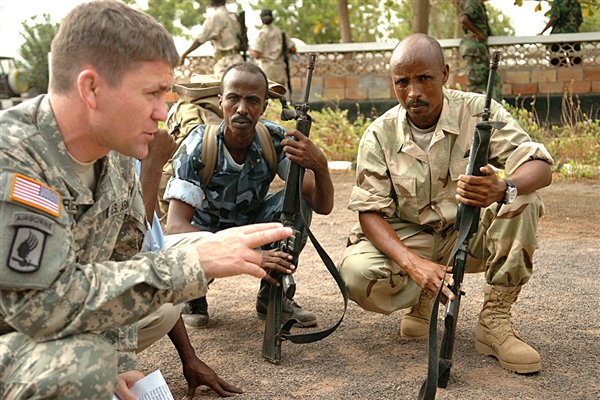Why Force Fails
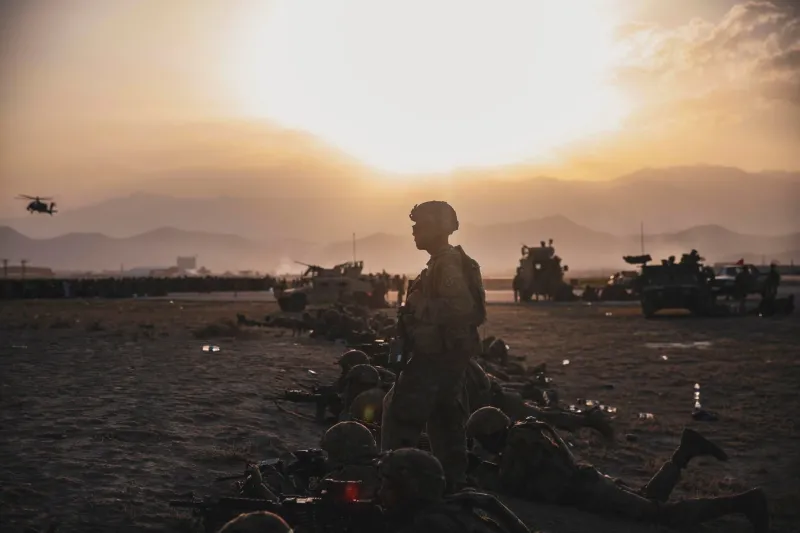
The Dismal Track Record of U.S. Military Interventions
American soldiers have been deployed abroad almost continuously since the end of World War II. The best-known foreign interventions—in Vietnam, Afghanistan, and Iraq—were large, long, and costly. But there have been dozens of other such deployments, many smaller or shorter, for purposes ranging from deterrence to training. Taken as a whole, these operations have had a decidedly mixed record. Some, such as Operation Desert Storm in 1991, which swept the Iraqi dictator Saddam Hussein’s forces out of Kuwait, largely succeeded. But others—such as those in Somalia, Haiti, Afghanistan, Iraq, Libya, and elsewhere—were disappointments or outright failures. It is these unsuccessful post–Cold War interventions that have engendered serious doubts among policymakers and the public about the role of force in U.S. foreign policy.

